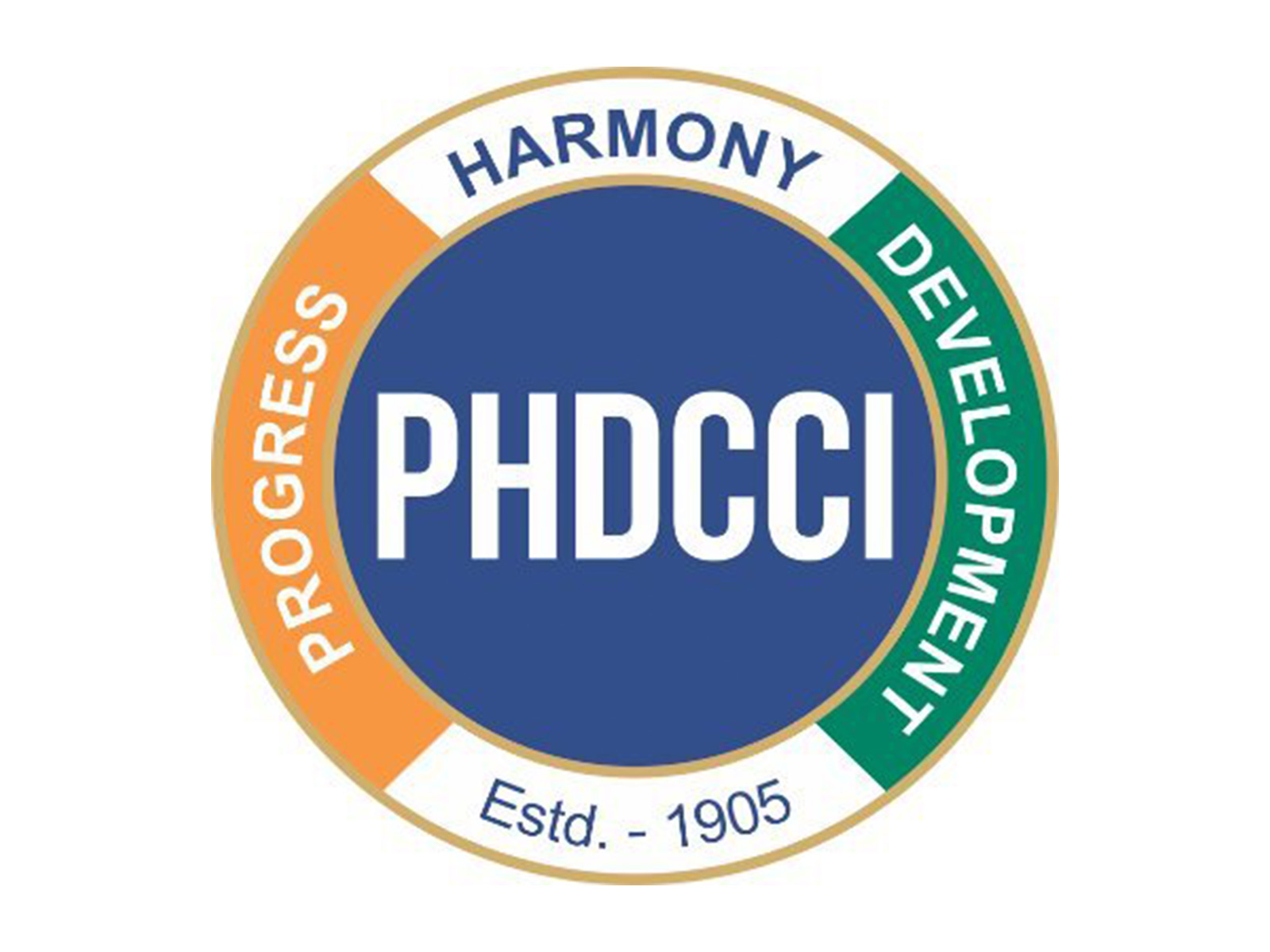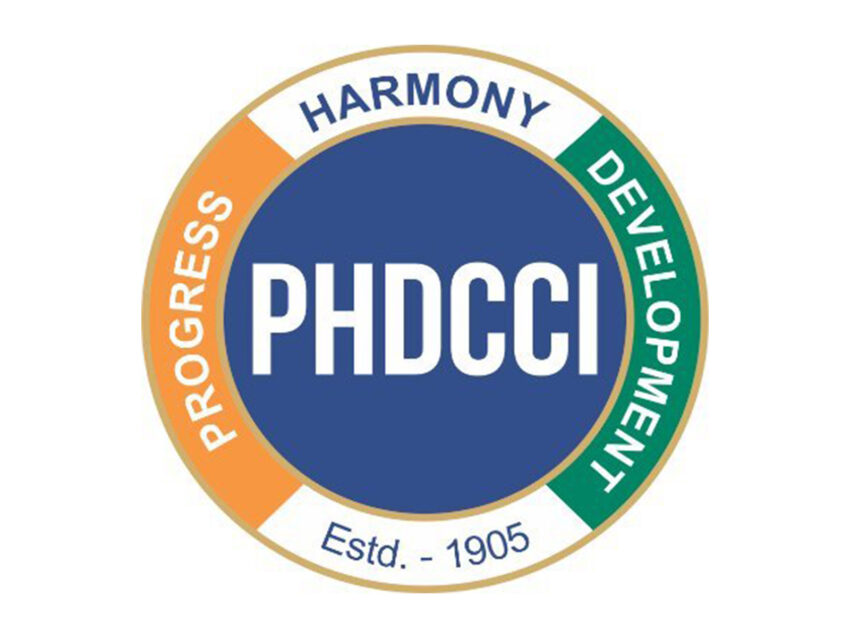
New Delhi [India], October 29 (ANI): The PHD Chamber of Commerce and Industry (PHDCCI) has submitted its pre-Budget memorandum for the Union Budget 2026-27, urging the government to adopt a series of direct tax reforms, among others, aimed at bolstering manufacturing, innovation, and taxpayer compliance.
The Chamber’s recommendations focus on reviving the 15 per cent concessional corporate tax, revamping R&D incentives, and reducing tax rates for individuals and small businesses to boost economic growth and employment.
PHDCCI has, in particular, called for the reintroduction of Section 115BAB of the Income Tax Act, which earlier allowed a concessional 15 per cent tax rate for new manufacturing units.
The Chamber noted that the provision, introduced in 2019, was affected by the COVID epidemic, resulting in a fall in demand worldwide, and that most companies could not take advantage of the section.
It added that “to promote setting up of new manufacturing units in India, it is very important to reintroduce Section 115BAB,”.
The reintroduction of the provision “would provide a major incentive for foreign companies to set up subsidiaries in India and invest in manufacturing units”
On promoting innovation, PHDCCI urged restoration of weighted tax deduction for research and development expenditure under Section 35 of the Corporate Tax Act, stating that “the corporates should be encouraged to augment research and development expenditure and weighted deduction at the rate of 150 per cent under section 35 should be reintroduced to continue indefinitely without any sunset clause.”
The Chamber also sought a reduction in personal income tax rates, recommending that the maximum tax rate for income up to Rs 30 lakh be 20 per cent, for income between Rs 30-50 lakh be 25 per cent, and for income above Rs 50 lakh be 30 per cent.
It argued that the moderation of tax rates would “increase compliance and tax buoyancy and lead to major relief to the middle class.”
To simplify tax administration, PHDCCI proposed merging the tax, surcharge, and cess into a single unified rate, describing the current system as “complex and difficult to understand.” It also recommended fast-tracking faceless appeals, rationalising the buyback taxation policy, and modifying Section 43B(h) to reduce compliance difficulties for MSMEs.
In its broader appeal, PHDCCI urged the government to make tax policies simpler, more transparent, and growth-oriented, in line with India’s ambition to become a global manufacturing and investment hub.
As always, the annual Budget document is presented in the Parliament on February 1 each year. In the run-up to it, a series of mandatory pre-Budget meetings is held between the Finance Minister, secretaries and various stakeholders to make the budget-making process all-inclusive. (ANI)


